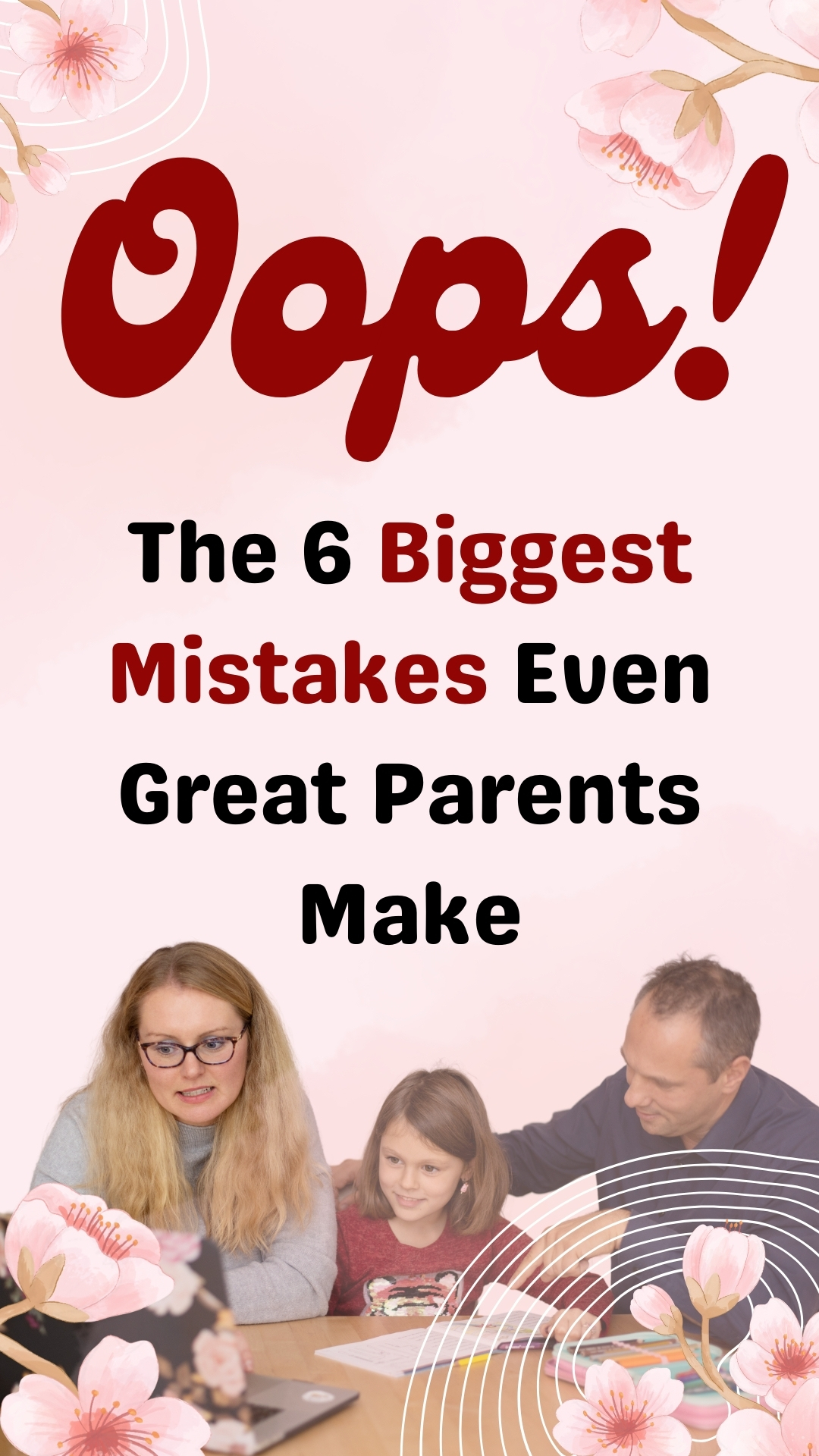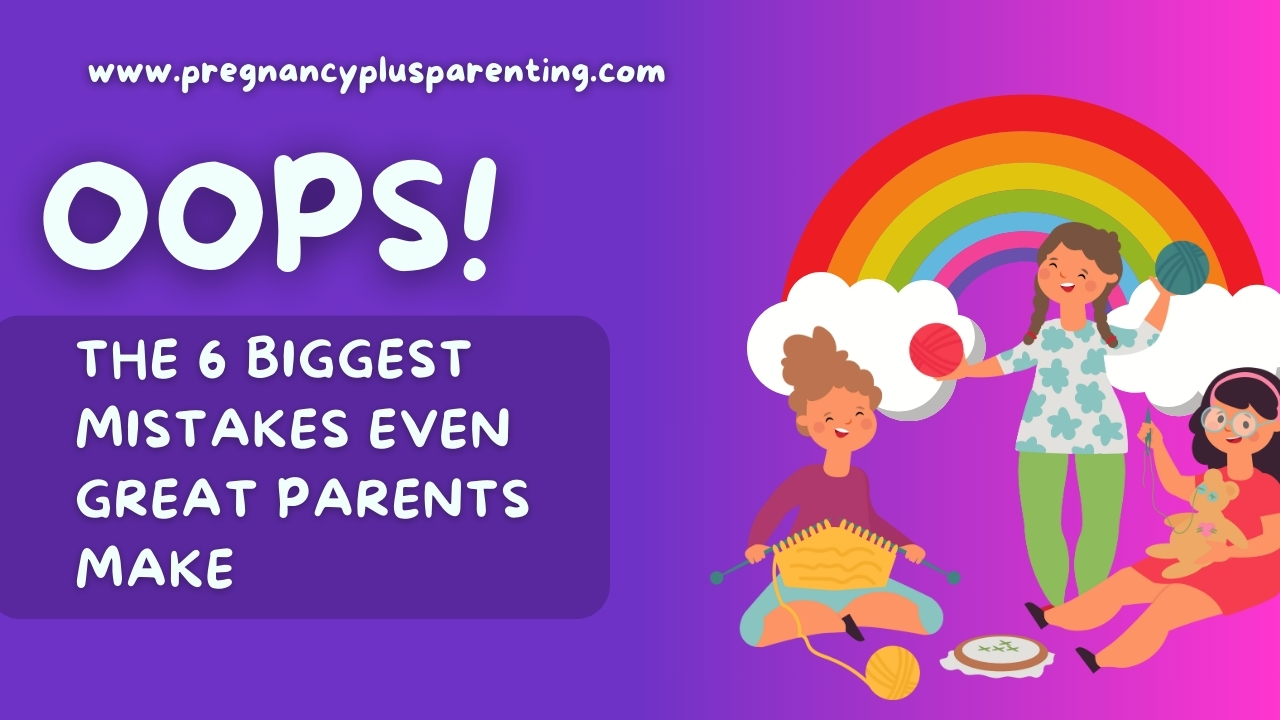Oops! The 6 Biggest Mistakes Even Great Parents Make
Let’s face it—we’re all imperfect parents in one way or another. Even though we realize no one gets it right all the time, it’s still easy to judge and label ourselves as a “good parent” or “bad parent” depending on how we handle a particular situation.
But as James Lehman says, “The most important thing is to be a ‘good enough’ parent.” A good enough parent cares for their child, does their best, and seeks help when they need it. The good news is that as you become a more effective parent, you can work on things that will help improve your child’s behavior .
“As they say, the definition of insanity is ‘doing something the same way and expecting things to change.'”
Here are six “ineffective parenting roles” that James Lehman discusses in The Total Transformation Program. One of the core components of his program is identifying your own parenting style to see what works and what doesn’t.
A parenting style , or “role” as it’s sometimes called, is the way you habitually respond to a parenting situation. If you notice that your child’s behavior isn’t changing (or is even getting worse), it can be very helpful to pause and take a closer look.
As they say, the definition of insanity is “doing something the same way and expecting things to change.” By recognizing your role as a parent, you can learn to do things differently to change your child’s behavior.

Here are six common roles parents often find themselves in – and how to get out of them.
1. The over-negotiator
This is an ineffective parenting style that many of us can identify with. If you allow your child to discuss consequences, boundaries, and rules—and often successfully manipulate them into bending the rules in their favor—you may be an over-negotiator.
These parents might agree to a milder consequence after inappropriate behavior simply because the child persuades them to. As James says, “Your child will become an expert at pushing boundaries because they know they can always be changed.”
If you fall into this ineffective parenting style, you are probably used to arguments and debates about the fairness of the rules and whether your expectations are reasonable or not.
The solution: The overly negotiating parent needs to be clear about their rules, expectations, and consequences. Don’t allow your child to change the rules or negotiate a different consequence after the fact. By staying firm and clear, you help your child take responsibility for their actions.
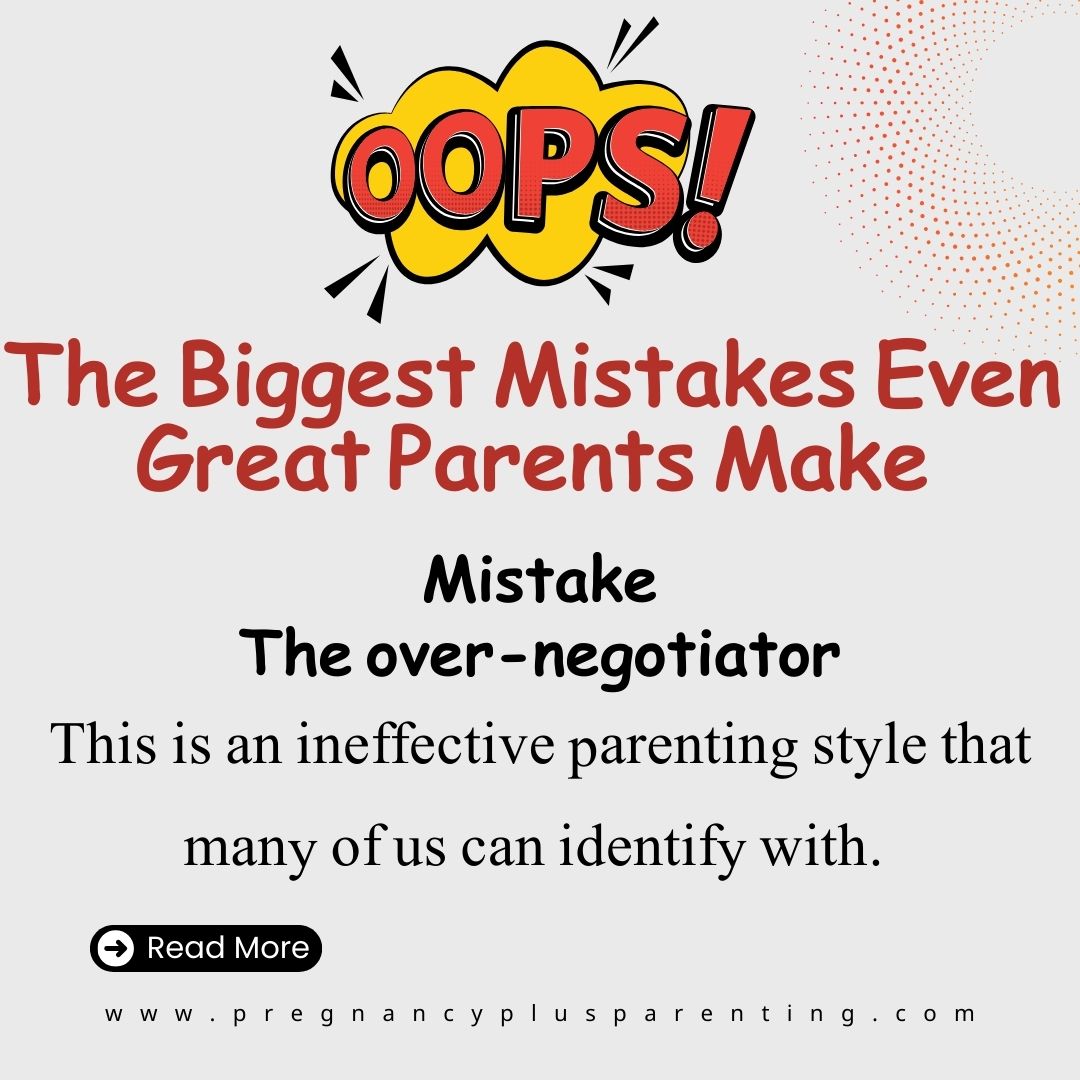
2. The Screamer
Parents who end up yelling and screaming at their child often act out of deep frustration and exhaustion. While it’s understandable (most parents have been at this point), the fact is that losing your temper is unlikely to result in positive behavioral changes in your child.
When you get drawn into shouting matches, name-calling, or threats, you send your child the message that you have no control. It also means your authority is compromised. It’s as if you’ve descended to your child’s behavioral level for that moment.
The parent stuck in this ineffective parenting style may even feel compelled to defend their own behavior. Your child can easily deflect their own behavioral problems by pointing out how badly their parents behave.
The solution: The yelling parent needs to learn more effective ways to deal with their own frustration and anger. We all get tired (or agitated) and lash out sometimes. It’s part of the territory of being a parent.
But if you don’t control your own temper, your child probably won’t see you as the calm, clear authority they need to keep their own behavior in check.
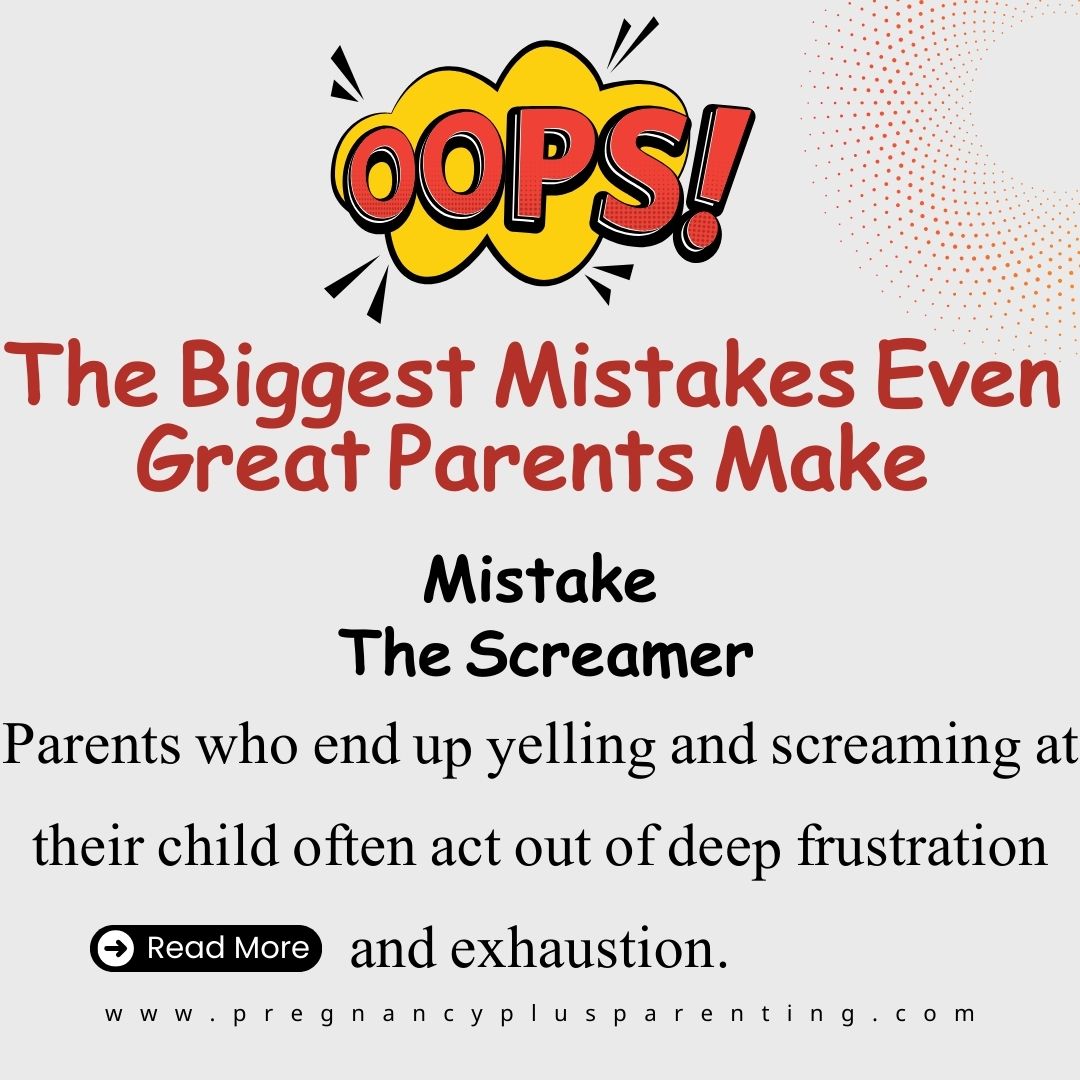
3. The Martyr
This parent never wants to see their child fail or feel distressed. If you want to protect your child from difficult emotions , you can work tirelessly to ensure they don’t feel excluded or frustrated.
You may be working much harder on homework or projects than your child. You want the path to success to be as smooth as possible for your child. How can that be a bad thing?
The thing is, when you rush in to do something for your child, you’re actually sending a message that you don’t believe they’re capable of handling the situation well on their own. And that may be true!
You may be worried they won’t be able to do it. But the truth is—and this is important—children learn problem-solving skills when they fail. They learn to cope with feelings of frustration only when they experience frustration.
If you make things too easy for your child and protect them from any feelings of failure or frustration, you’re preventing them from learning their own strength. And you’re exhausting yourself in the process!
The solution: The martyr parent needs to stop working so hard. Allow your child to feel unhappy or frustrated. You can help them find ways to cope with these feelings, but don’t protect them from them. Ask yourself: “Am I doing something my child can actually do on their own?”
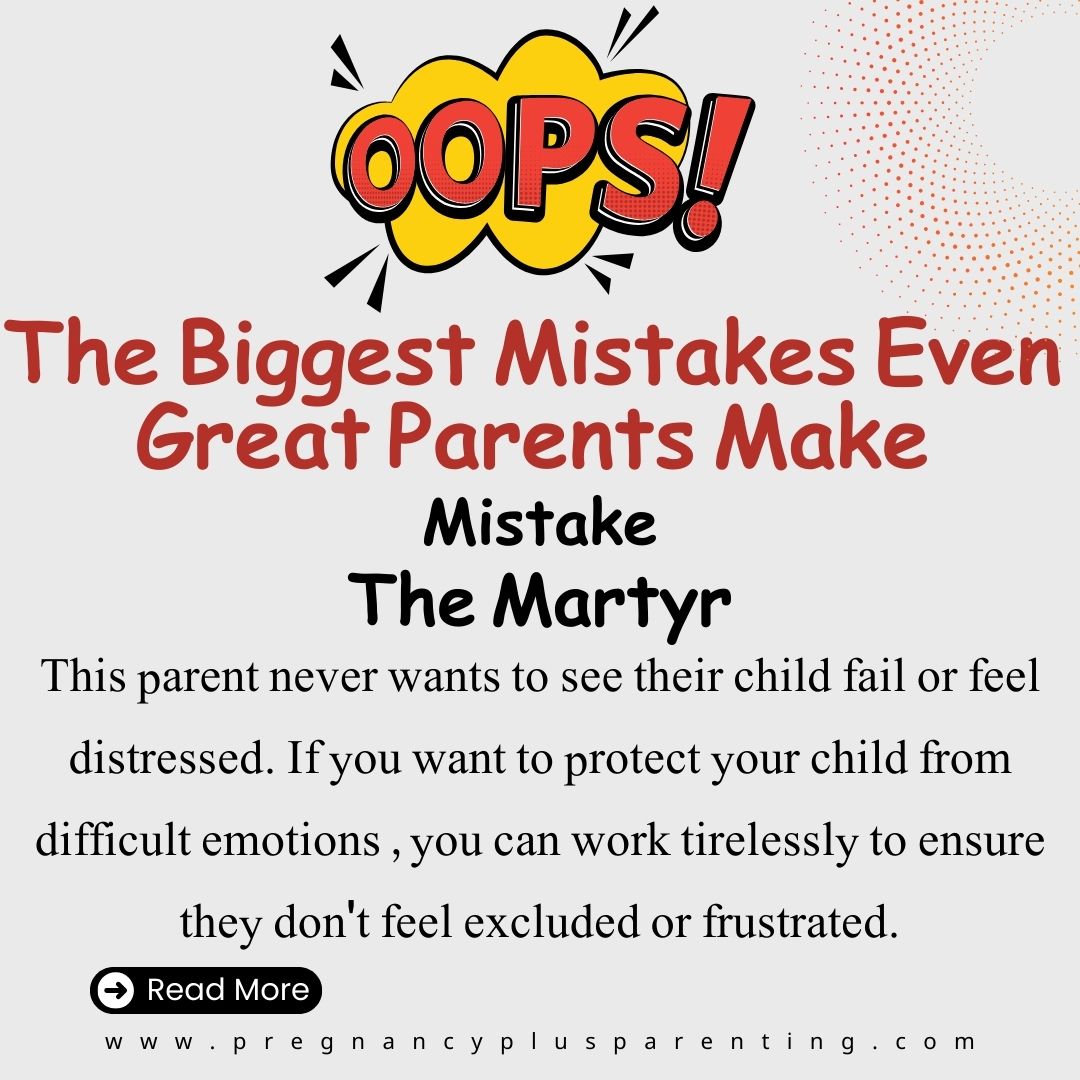
4. The Perfectionist
The perfectionist parent can be seen as the flip side of the martyr: Instead of seeing everything their child does as great, these parents see everything their child does as not good enough. Parents stuck in this ineffective parenting style know their children have great talents; they just need to work harder on them.
So why should this be ineffective? Because the perfectionist parent teaches the child that failure is expected of them . If a child can never live up to their parents’ high standards, why should they even try?
And when the child succeeds, the perfectionist parents often raise the bar and insist that their child can do even better next time.
Perfectionist parents often feel like they know their child so well that they know what they’re thinking. They often assume the worst and recognize their child’s assumed bad attitude before the child even opens their mouth.
Why is this ineffective? Unfortunately, you’re teaching your child never to express their feelings, to keep their accomplishments to themselves, and to avoid interacting with you. Why? Because they know they’ll never be good enough. You’re not teaching your child to fulfill their potential. You’re teaching them to cringe at every correction.
The solution: Perfectionist parents need to create distance between themselves and their child—at least between their expectations and their child’s actual interests. Pressure, scolding, and hypercriticism won’t encourage children to improve. Encouraging your child to achieve their goals and discover their natural talents creates a much better environment for growth.

5. Bottomless bags
The bottomless parent is someone who hopes to connect with their child by giving them what they want. We often see this in families where the child spends time with two different sets of parents/stepparents, but it can certainly happen within a single household as well.
The deep-pocketed parent, or “giver,” spoils a child materially, often to stop the child’s behavioral problems or prevent future ones. As James Lehman writes in The Total Transformation, “It is often easier for parents to spend money—even money they don’t have—than to suffer the backlash when their child hears ‘no.'”
This creates a false sense of entitlement in your child. He or she learns to manipulate you into giving him or her what he or she wants.
Because material goods feel easy to obtain, children don’t learn the reality of having to work for reward or compensation. This can not only prepare them for future challenges in the adult world of work, but also for setting and achieving their own personal goals.
The solution: Parents with deep pockets need to learn to say no—and tolerate their child’s reactions when they don’t get what they want. If you want to use material things as rewards for your child, make sure they’re tied to tangible expectations, effort, and achievement, not just because they asked for them.
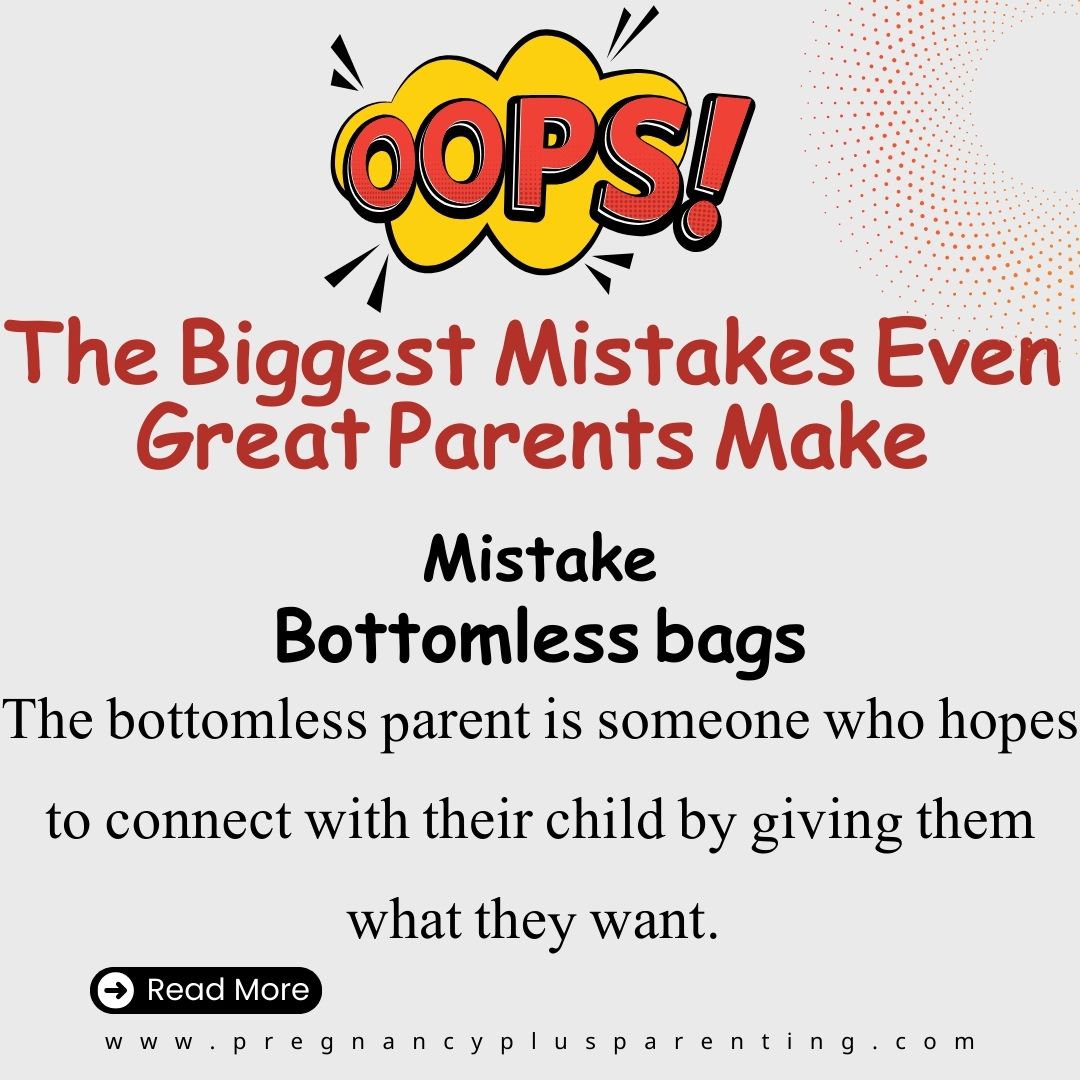
6. The ticket punch
Parents stuck in this ineffective role act like their child’s best friends: they exaggerate and try to understand their child’s needs and motivations , often identifying quite deeply with their child.
For example, if you didn’t enjoy school as a child, you can downplay or minimize your child’s poor behavior. After all, you understand what they’re going through.
In most cases, ticket-punching parents side with their child, join them in badmouthing authority figures, or ignore rules they consider unimportant.
The problem with this parenting style isn’t that you don’t understand your child, but that you let your understanding prevent you from following the rules. The child doesn’t need to control their behavior if they can convince you that their reasons are valid or that it’s someone else’s fault.
Parents may then blame the negative influence of others on their child, rather than seeing their child as solely responsible for their own actions.
The Solution: The Ticket Puncher Parent must clearly distinguish between their child’s understanding and their responsibility for their actions. Just because you understand your child’s frustration doesn’t mean they don’t have to follow the rules. You can be compassionate while also clearly articulate your expectations for their behavior.
Being a parent is hard, and looking at your own habits and behaviors can be uncomfortable.
When you think about your own parenting style, imagine this: It’s never about whether your style is right or wrong, but rather whether it is working to produce the behavior you want to see in your child.
The bottom line is that ineffective parenting doesn’t inspire change or foster a child’s accountability. As James Lehman tells us time and again, for your child to truly grow and change, you have to parent in a way that actually brings about that change. You can do it.
